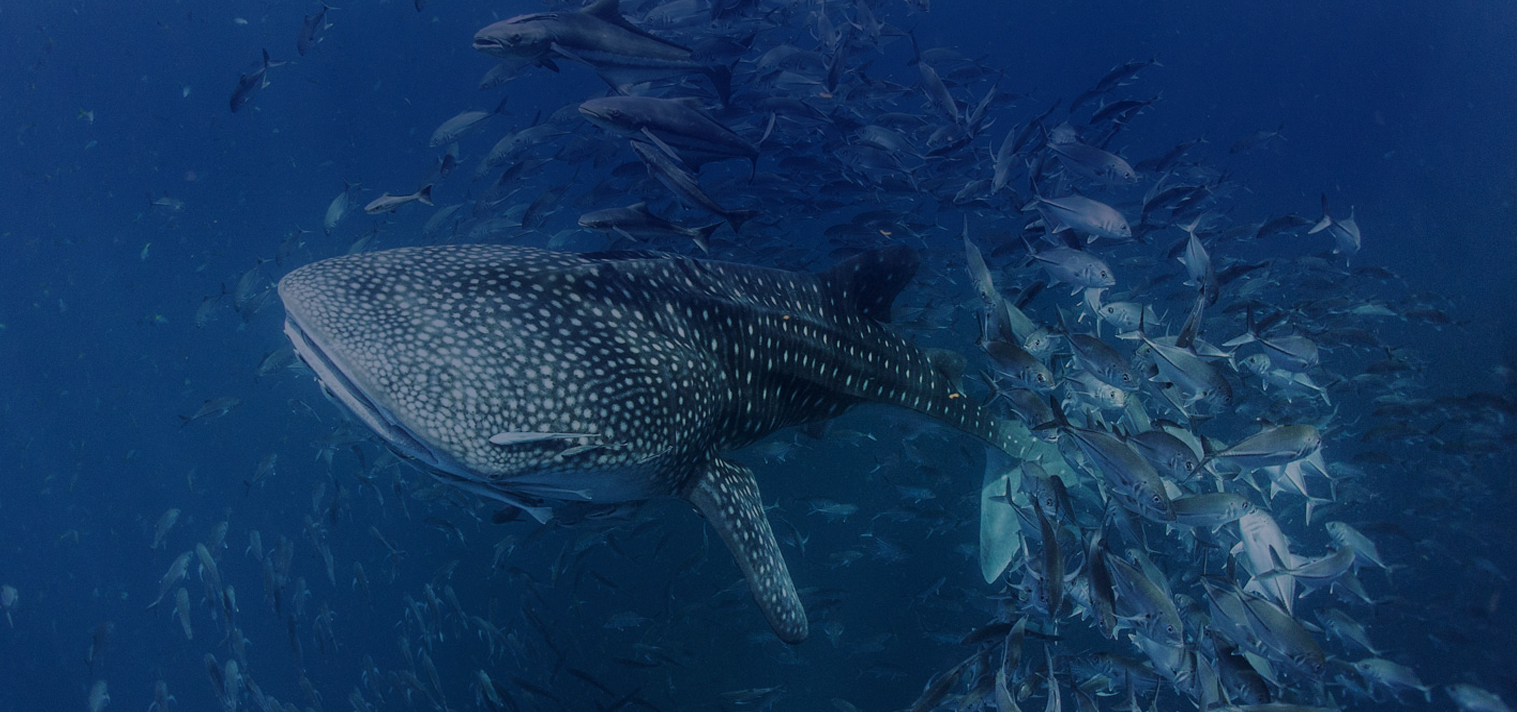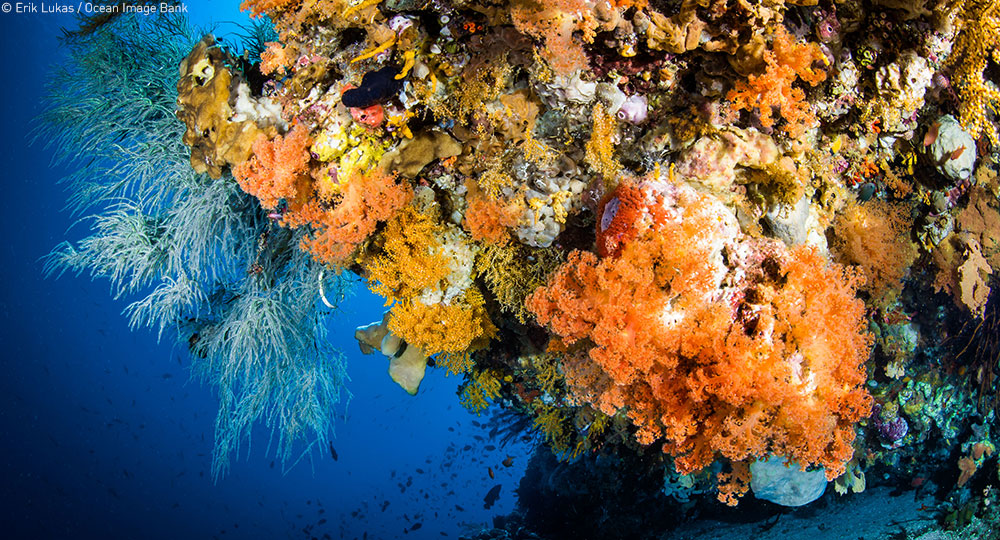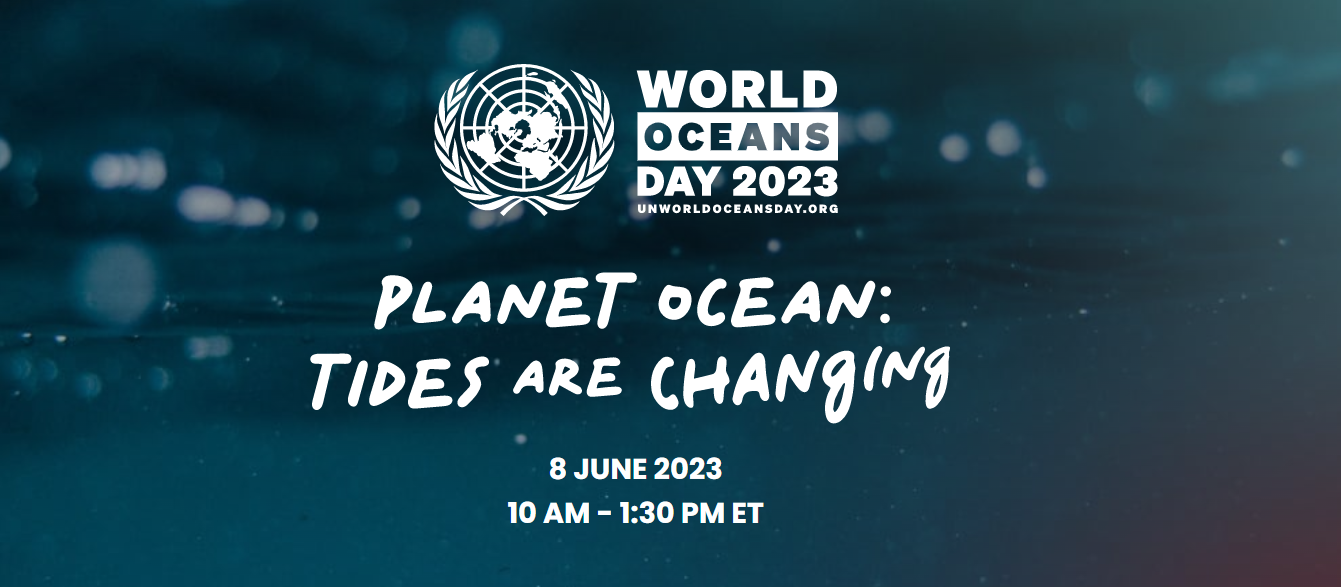The IOCARIBE ANCA Network held a regional workshop to strengthen national capacities in the use of the HAEDAT database, the global platform that records harmful algal bloom (HAB) events. The session provided a practical demonstration on how to enter, edit, and retrieve information, while highlighting the importance of improving the quality and consistency of data reported across the region.

2 décembre 2025
The IOCARIBE Regional ANCA Network hosted a virtual workshop dedicated to the practical use of the HAEDAT database, aiming to support Caribbean countries in the standardized reporting of harmful algal bloom events. The activity brought together national experts who learned about the platform’s key functions, its role within the global HAB information system, and the steps involved in submitting complete and accurate reports.
During the session, participants were guided through the essential components of HAEDAT and engaged in hands-on exercises to practice entering events, understanding mandatory fields, and reviewing data download and verification processes. The workshop also encouraged discussion on regional challenges, including the need for georeferenced information and complete environmental descriptions for each event.
The training emphasized the importance of strong inter-institutional coordination within each country to avoid duplicate entries and ensure continuity in annual reporting. Participants also reviewed recommendations to strengthen the role of national focal points and contribute to a more robust database that supports regional assessments and aligns with the upcoming relaunch of the platform.
IOCARIBE and the ANCA Network will continue working closely with Member States during 2026 to review active users, update access credentials, and support capacity development. This workshop represents an important step toward building a more prepared regional community with stronger tools for understanding and managing HAB events in the Caribbean.
By Alex Palomino
CURRENT NEWS ITEMS

1 mai 2023
-
Drought, floods and heatwaves affect large parts of the world and the costs are rising
-
Global mean…
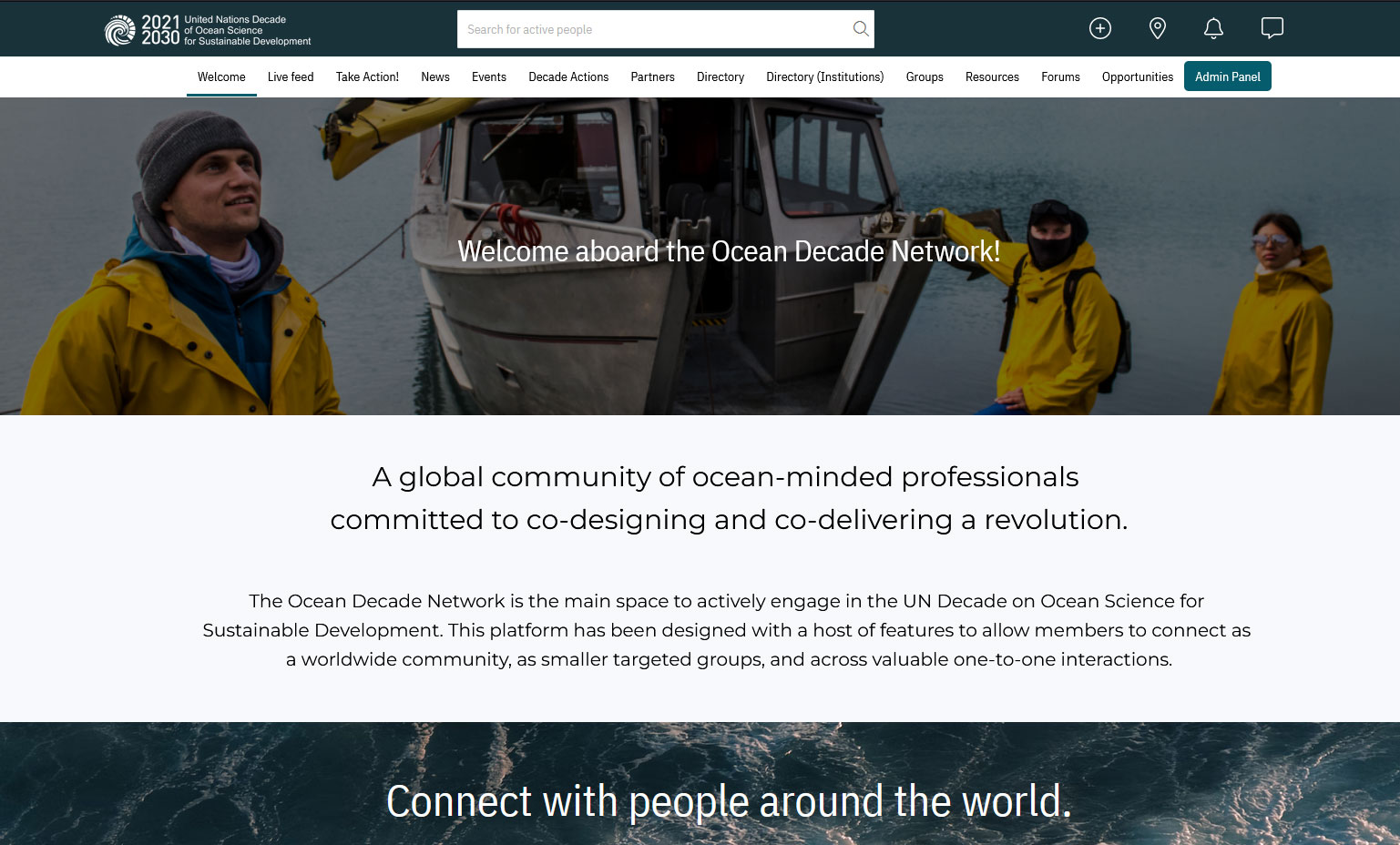
15 avril 2023
We have been busy over the past 16 months as we completed Phase 1 of the platform, which focused on growth, strategy, and development…
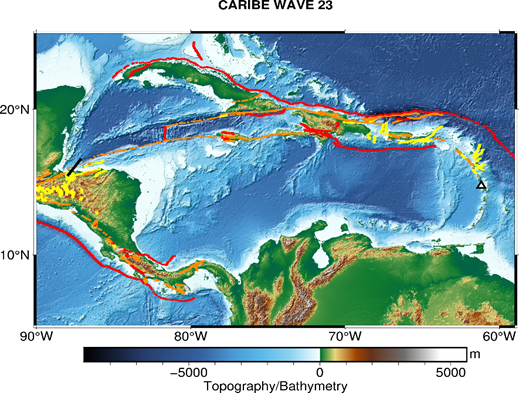
5 avril 2023
Map of the CARIBE WAVE 23 scenarios. The black rectangle indicated the map view of the ruptured fault segments for the Gulf of Honduras scenario and the black outlines…
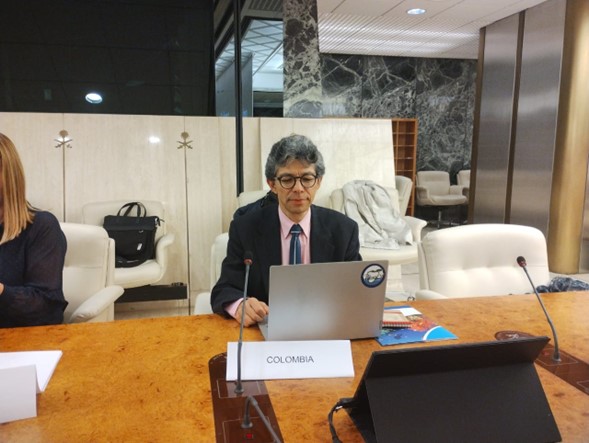
3 avril 2023
IPHAB XVI was held at the FAO building in Rome from March 27-29. José Ernesto Mancera, representing IOCARIBE-ANCA, presented the report on the group's work during the…
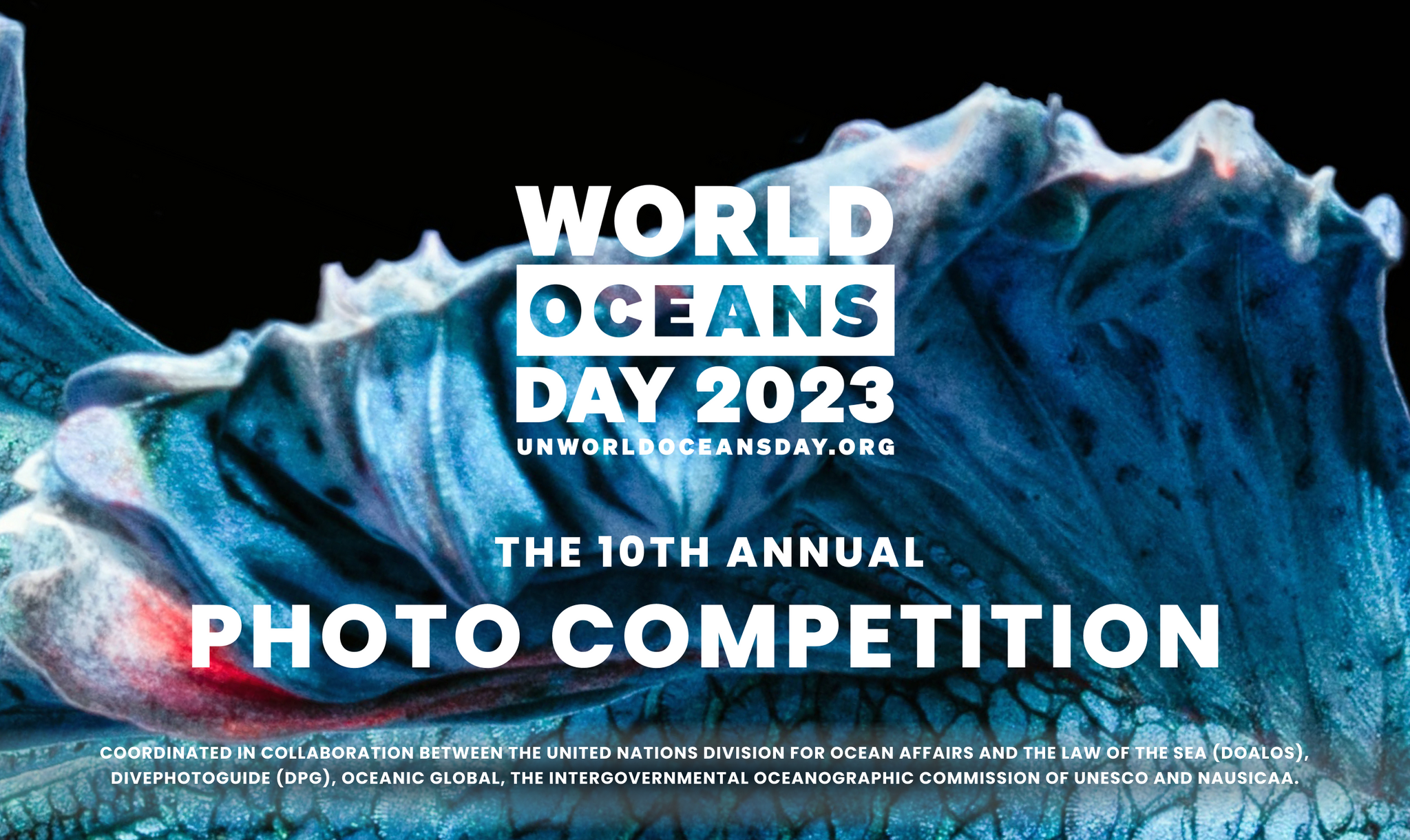
1 avril 2023
THE CONTEST
Photography is…
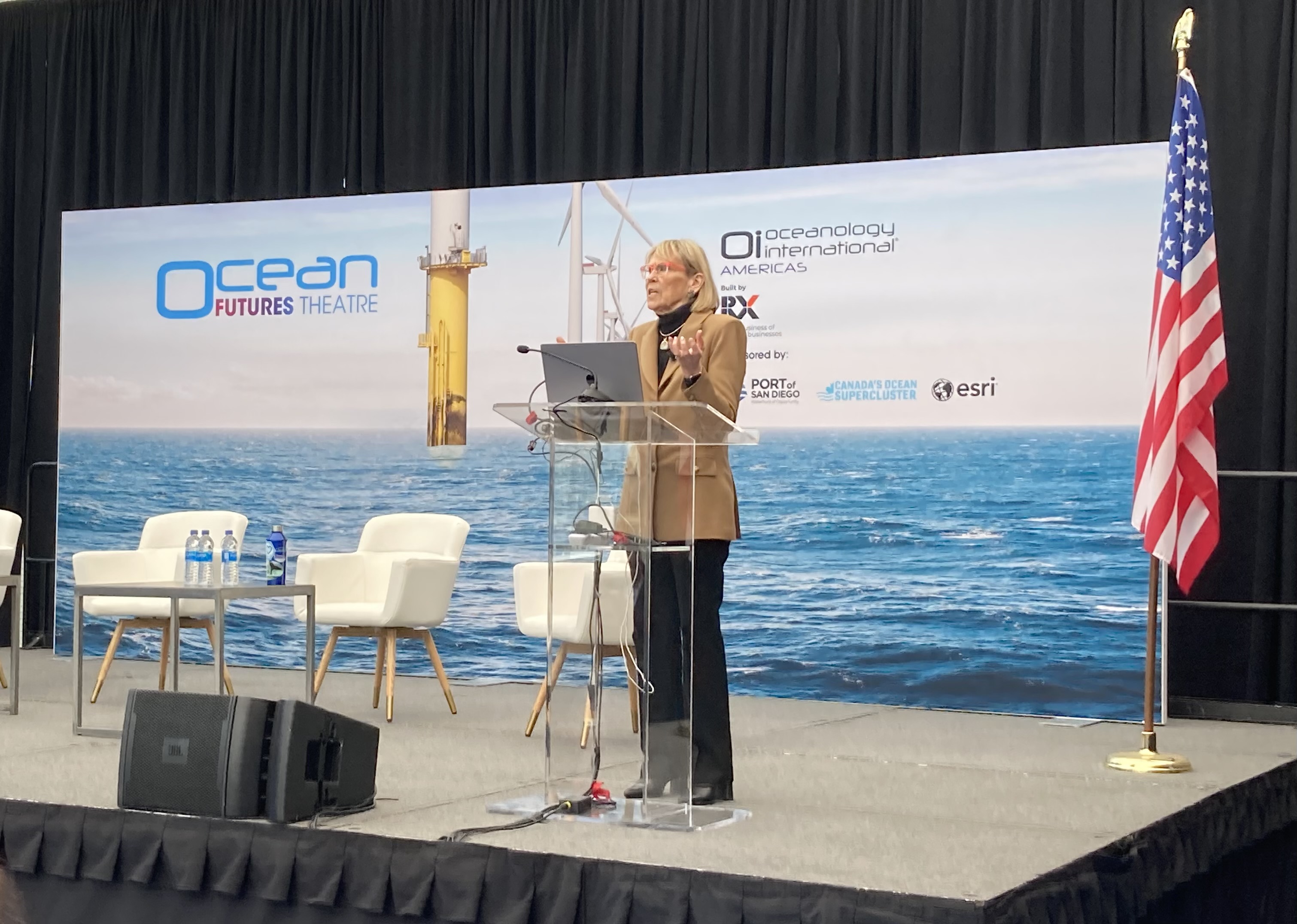
15 mars 2023
The Oceanology International Americas Conference (OiA) in San Diego, which showcases innovative ocean…
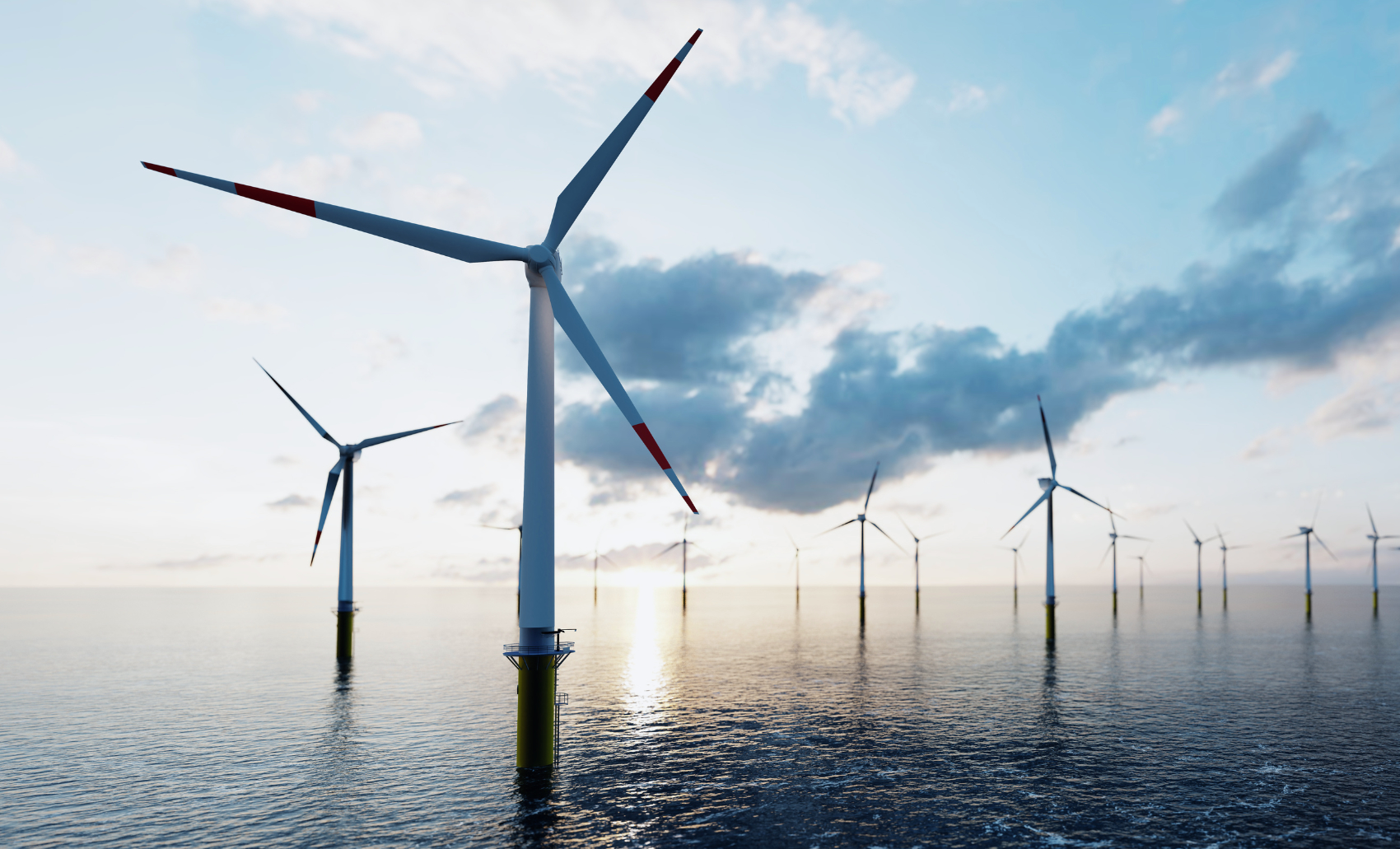
12 mars 2023




